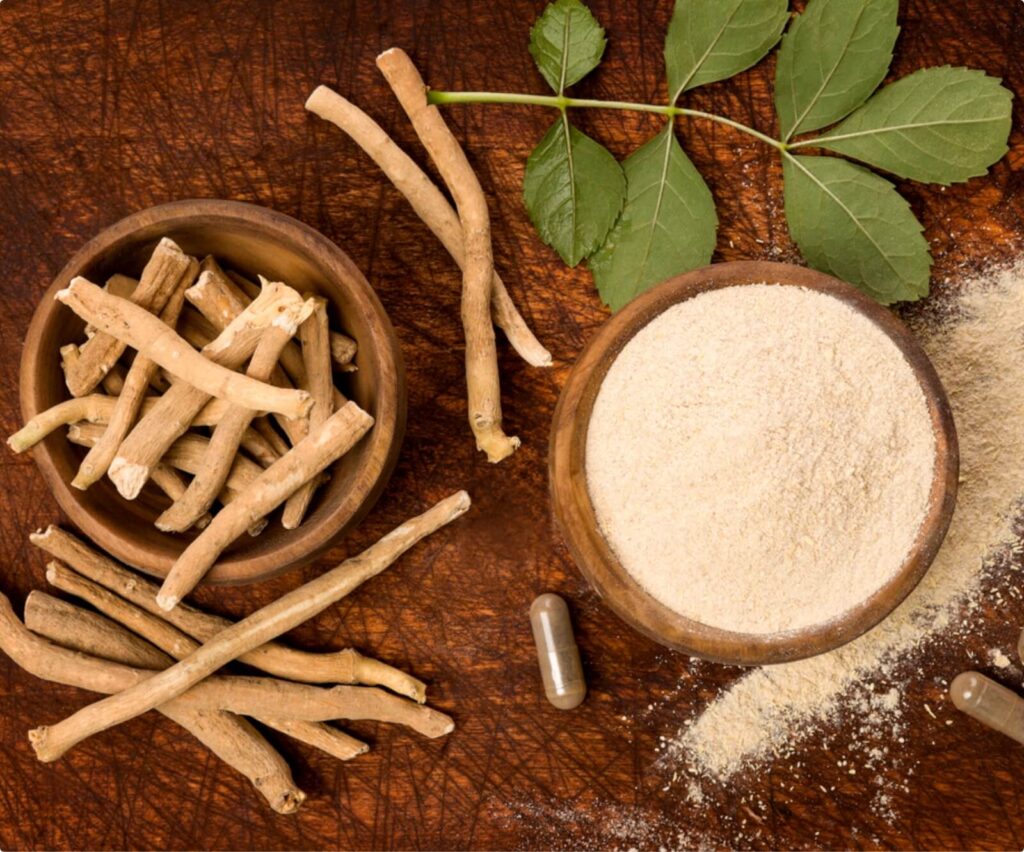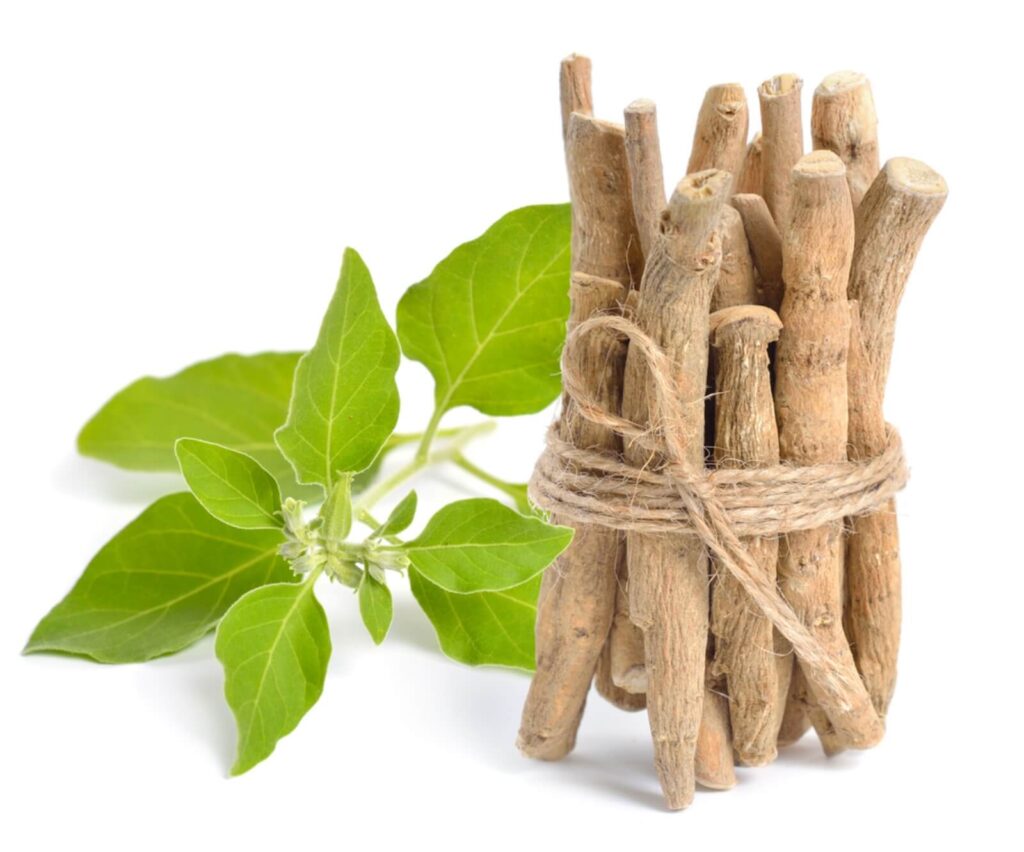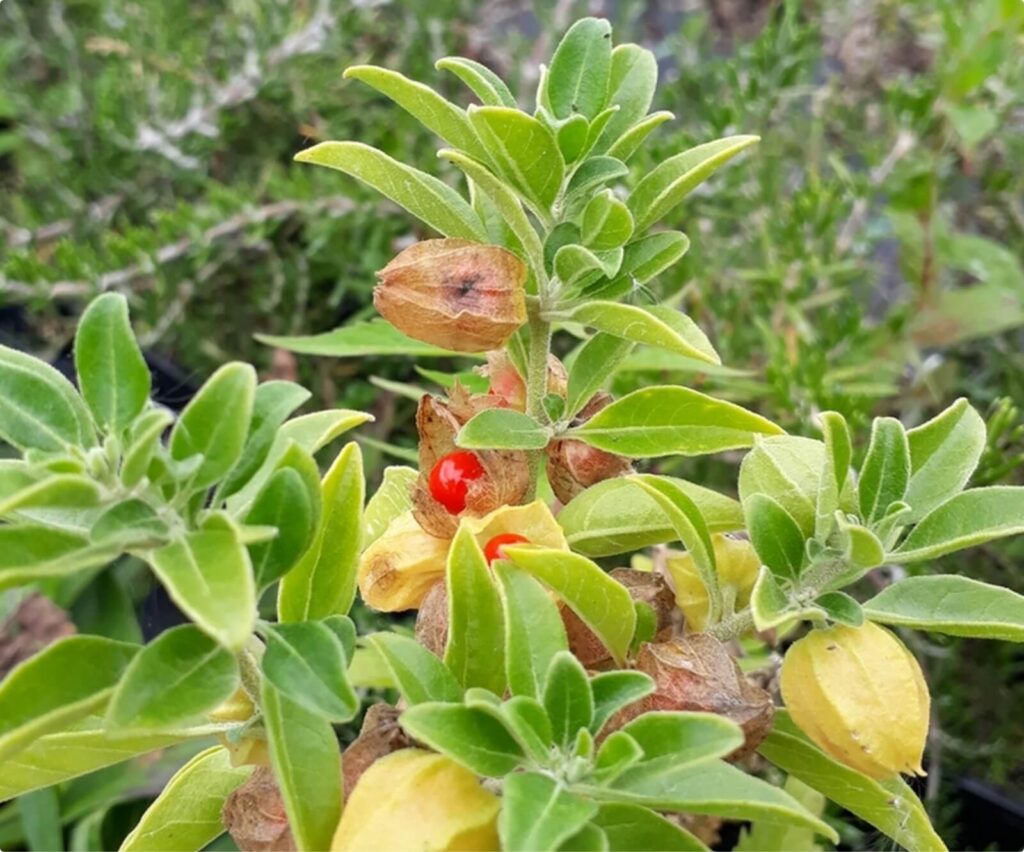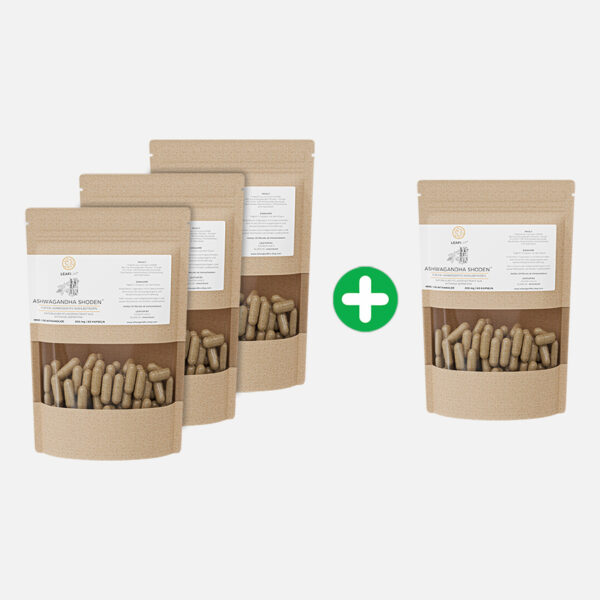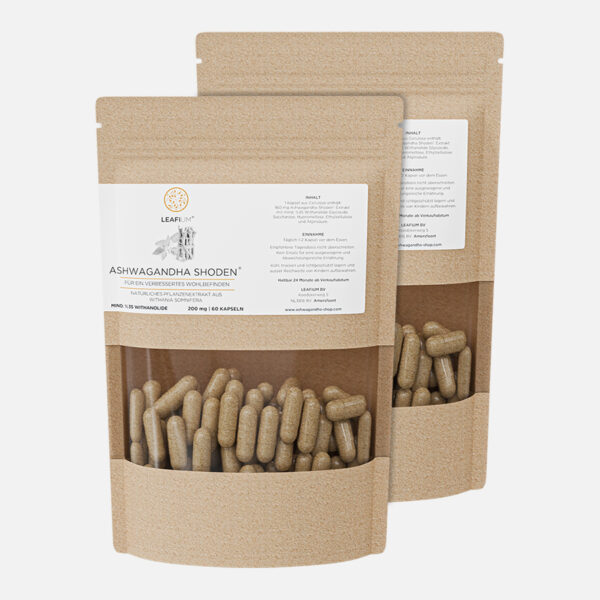Blog
CELL STUDY - Extracts from ashwagandha root show effect against aging
Extracts from ashwagandha root can significantly increase telomerase activity, counteracting telomere loss and possibly delaying aging, according to the results of a cell study.
The aging and lifespan of normal, healthy cells are related to the so-called telomerase shortening mechanism, which limits cells to a certain number of divisions. During cell replication, telomeres ensure that the cell's chromosomes do not fuse or rearrange, which can lead to cancer. Elizabet Blackburn, a telomere pioneer at the University of California at San Francisco, compared telomeres to the ends of shoelaces, without which the shoelace would unravel.
About Elizabeth Helen "Liz" Blackburn: She is an Australian-US molecular biologist who is particularly known for her work in the field of telomereand telomerase research. In 2007, Time magazine named her one of the "100 Most Influential People in the World." She was awarded the Nobel Prize in Physiology or Medicine for 2009, along with Carol W. Greider and Jack W. Szostak.[
Telomerase is a ribonucleoprotein that can halt such telomere loss, providing a way to mitigate the effects of aging. The results, published in the journal Advances in Bioscience and Biotechnology, show that incubation of human HeLa cells with the commercially available ashwagandha root extract at a concentration of 10 to 50 micrograms leads to an increase in telomerase activity of about 45%.
"Given the extraordinary necessity of telomeres at the ends of chromosomes for chromosome maintenance and integrity, it is worthwhile to study ashwagandha under various disease conditions in adults," wrote Vasantharaja Raguraman and Jamuna Subramaniam for Sri Ramachandra University in India.
"Ashwagandha deserves to be evaluated as a potential Ayurvedic anti-aging preparation in higher organisms, and the potential mechanism needs to be investigated."

Ashwagandha - the flagship plant of Ayurvedic medicine
Ashwagandha has gained traction in the U.S. market as consumers appreciate its wide-ranging health benefits, including support for stress, cognitive function, sleep, metabolic wellness, adrenal function, athletic performance and more.
According to a monograph published by the American Herbal Pharmacopoeia (AHP), the herb has been used in Ayurvedic medicine for 4000 years, since the teachings of the famous scholar Punarvasu Atreya and subsequent works that form the Ayurvedic tradition. The name of the herb comes from Sanskrit and means "smells like a horse", referring to the strong smell of the root, which is said to smell like horse sweat or urine.
Source: Advances in Bioscience and Biotechnology
2016, volume 7, pages 199-204, doi: 10.4236/abb.2016.74018
"Withania somnifera root extract enhances telomerase activity in human HeLa cell line."
Authors: V. Raguraman, J.R. Subramaniam

